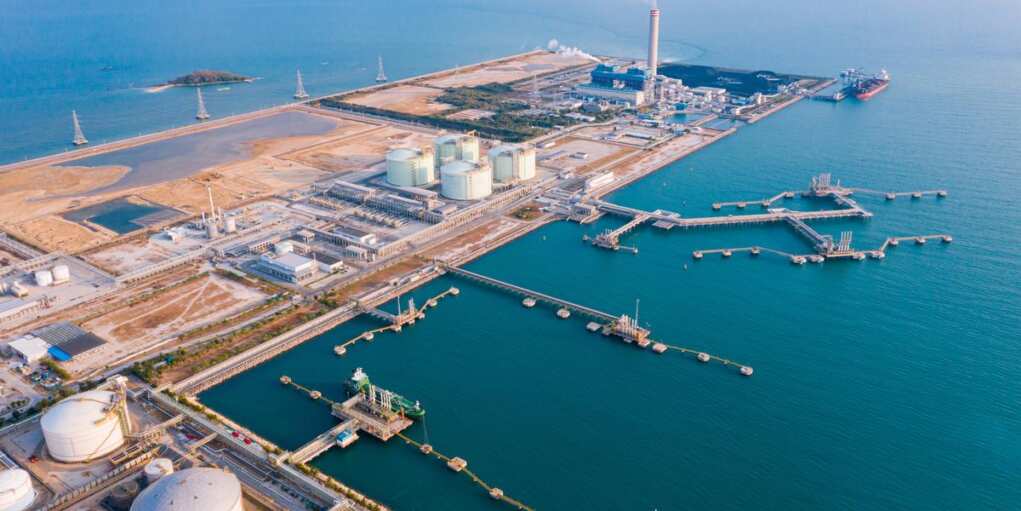Trump Cracks Down On Iranian Oil — And Sends China A Warning

The Trump administration escalated its pressure campaign on Iran Thursday, unveiling a sweeping round of sanctions targeting Iranian oil exports — and the Chinese companies enabling them.
Treasury Secretary Scott Bessent announced that the Department of the Treasury is blacklisting a Chinese refinery, three port firms, multiple shipping captains, and a Singapore-based subsidiary for their roles in secretly importing Iranian crude. The sanctions also apply to a vast shadow network of oil tankers used to smuggle Iran’s product under the radar, often to ports in China.
“These actions are part of President Trump’s broad and aggressive maximum pressure campaign,” Bessent said. “We are cutting off the money pipeline Iran uses to fund terror, nuclear advancement, and threats against Americans.”
The crackdown directly follows a February presidential directive signed by Trump, reactivating his earlier strategy of denying the Iranian regime any legitimate revenue streams. Since then, the administration has sanctioned over 235 individuals and entities tied to Iran and its proxies.
Thursday’s sanctions zeroed in on Hebei Xinhai Chemical Group, a Chinese “teapot” refinery accused of refining Iranian crude, along with its Singapore-based subsidiary. According to Treasury officials, both entities aided the National Iranian Oil Company — a firm already designated for its ties to the Islamic Revolutionary Guard Corps-Quds Force, a U.S.-designated terrorist organization.
Also on the sanctions list were operators of Dongying Port in China, where ship-to-ship oil transfers help conceal the true origin of Iranian shipments. This secretive operation is part of Iran’s so-called “shadow fleet,” a rogue armada of tankers often stripped of transponders and operating under fake flags to evade international monitoring.
Two ship captains were personally blacklisted for repeatedly transporting Iranian oil on vessels flagged as noncompliant with previous sanctions.
While Iran is the intended target of the policy, the collateral pressure on Beijing is unmistakable. China has long served as Iran’s top customer and strategic enabler, especially under the Biden administration, which was accused of “slow-rolling” sanctions to keep global gas prices low ahead of elections.
With Trump’s 145% tariff regime already straining China’s export sector, the addition of secondary sanctions on Chinese firms tied to Iranian oil may force Beijing to reassess its quiet economic partnerships.
“The ultimate goal of sanctions is not to punish,” Treasury’s release noted, “but to bring about a positive change in behavior.” Still, Bessent made it clear the U.S. will enforce these new measures aggressively.
This marks another high-profile moment for the new Treasury Secretary, who clashed with House Democrats earlier this week and earned praise from conservatives for his unapologetic defense of Trump’s economic agenda.
For Iran, the move could tighten the financial noose further. For China, it signals that its indirect support of Tehran’s oil economy won’t go unnoticed.
Trump’s strategy, now firmly back in place, is once again projecting American strength — and demanding accountability from U.S. adversaries, no matter how powerful.
